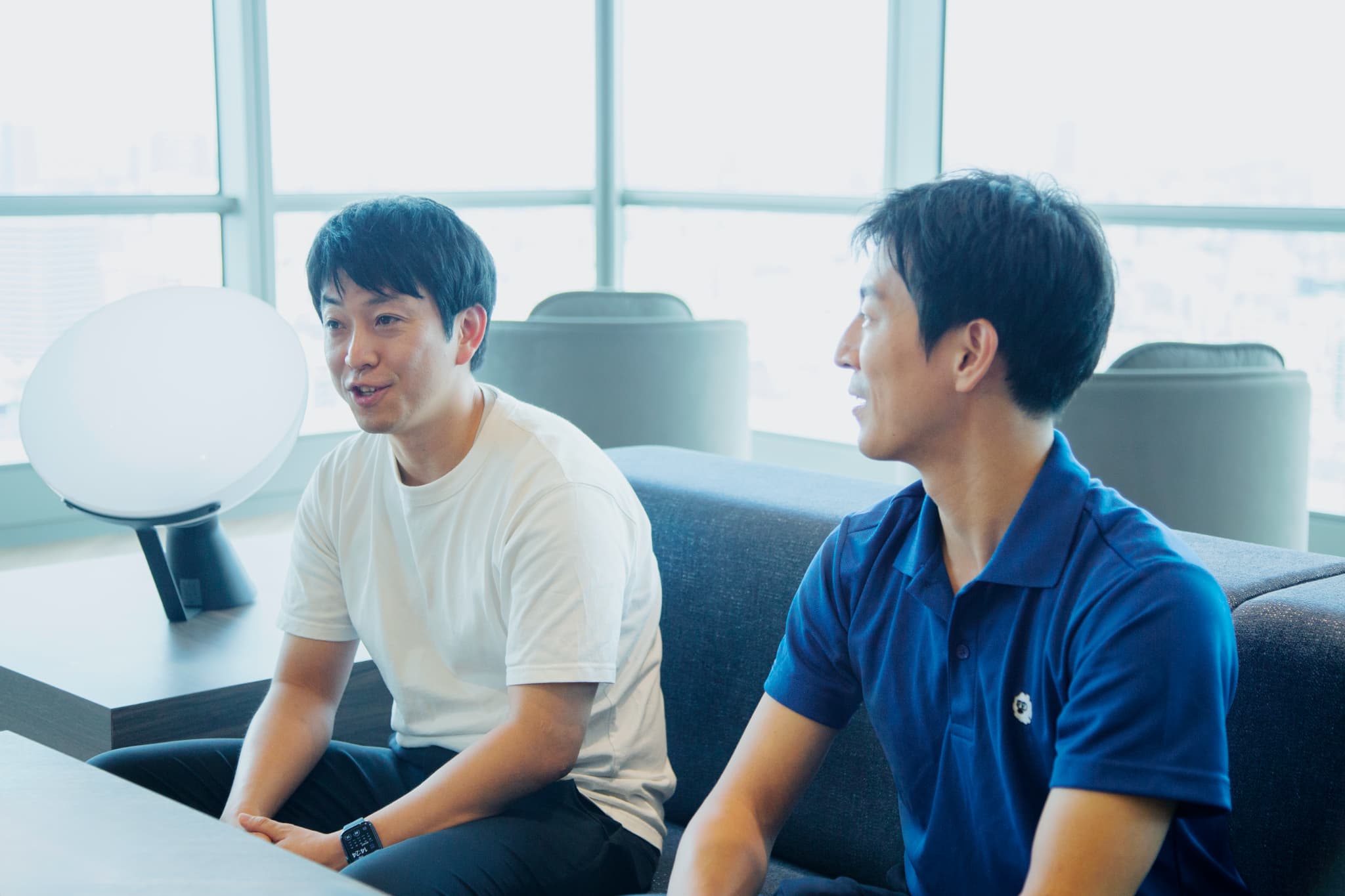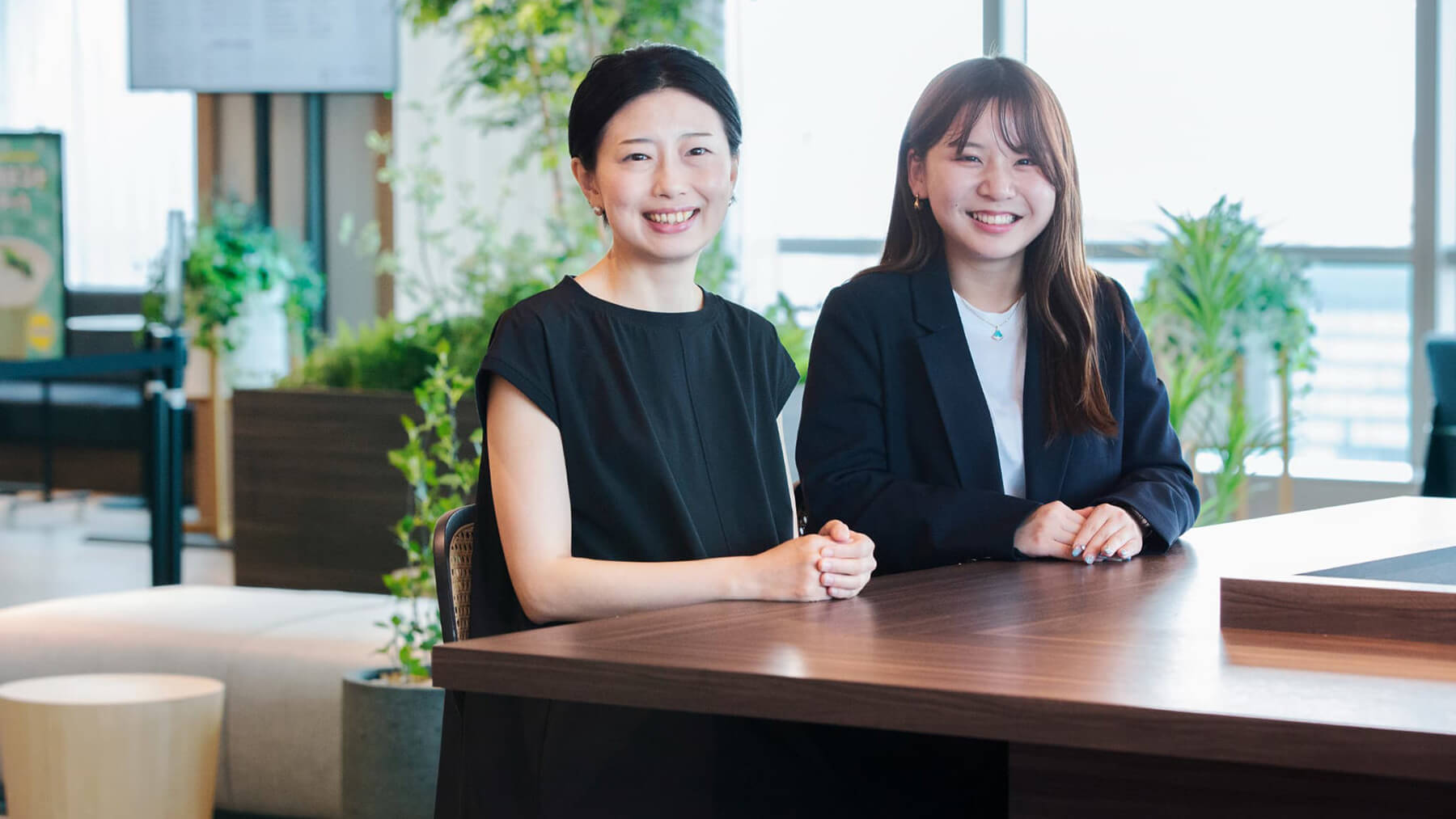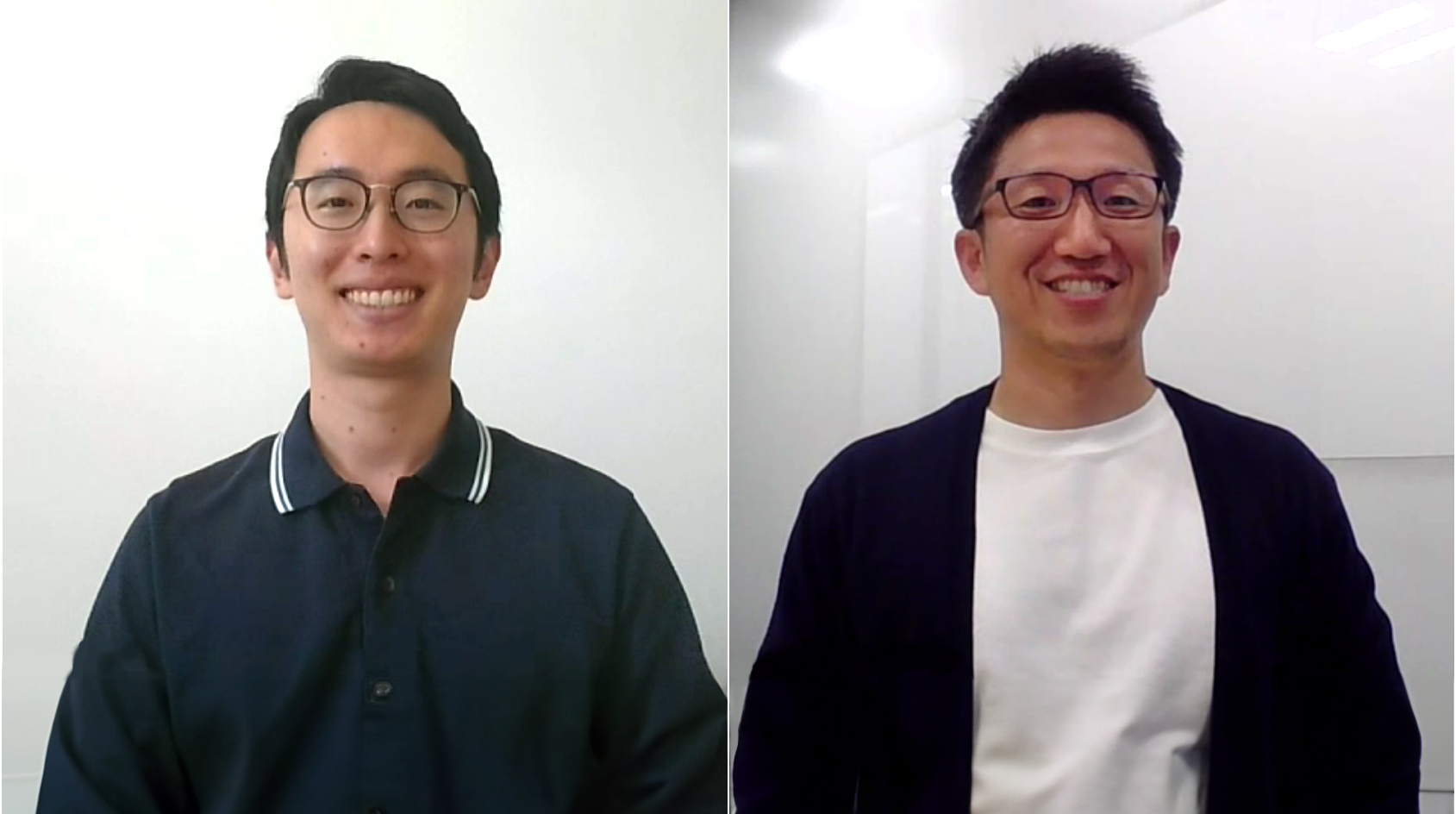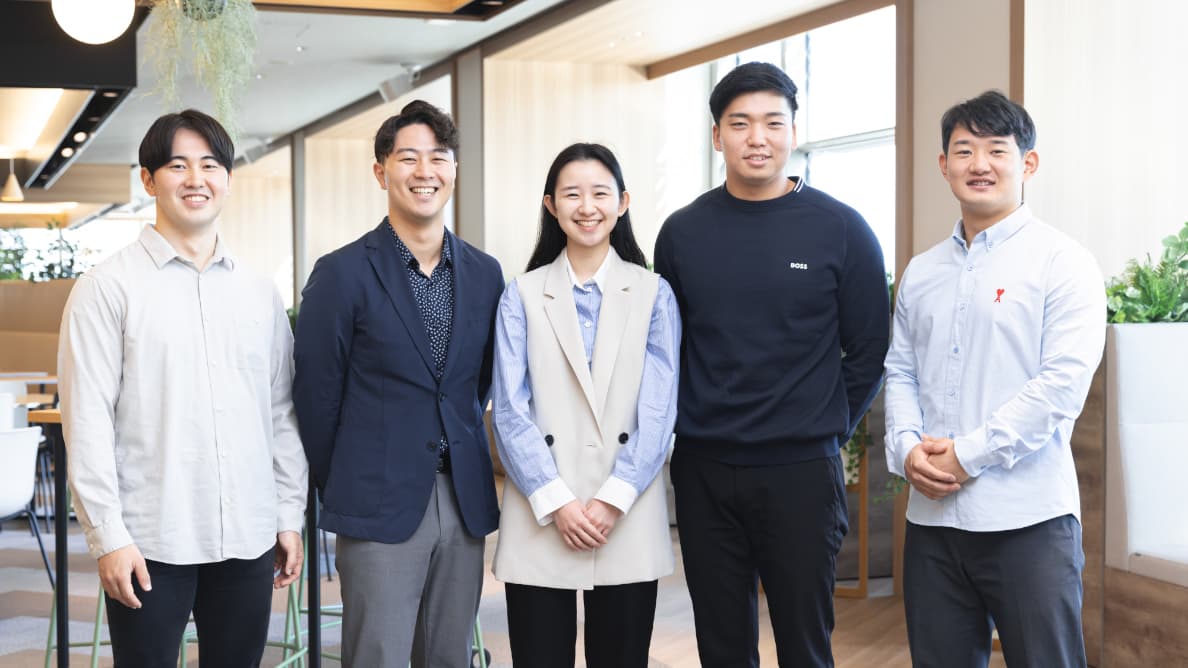
- TOP
- Enriching+TOP
- How Overseas Assignments Changed Perspectives on Household Chores and Parenting: Two Male Employees From Sumitomo Corporation Take on New Challenges
2024.11.28
+ (Plus)
How Overseas Assignments Changed Perspectives on Household Chores and Parenting: Two Male Employees From Sumitomo Corporation Take on New Challenges
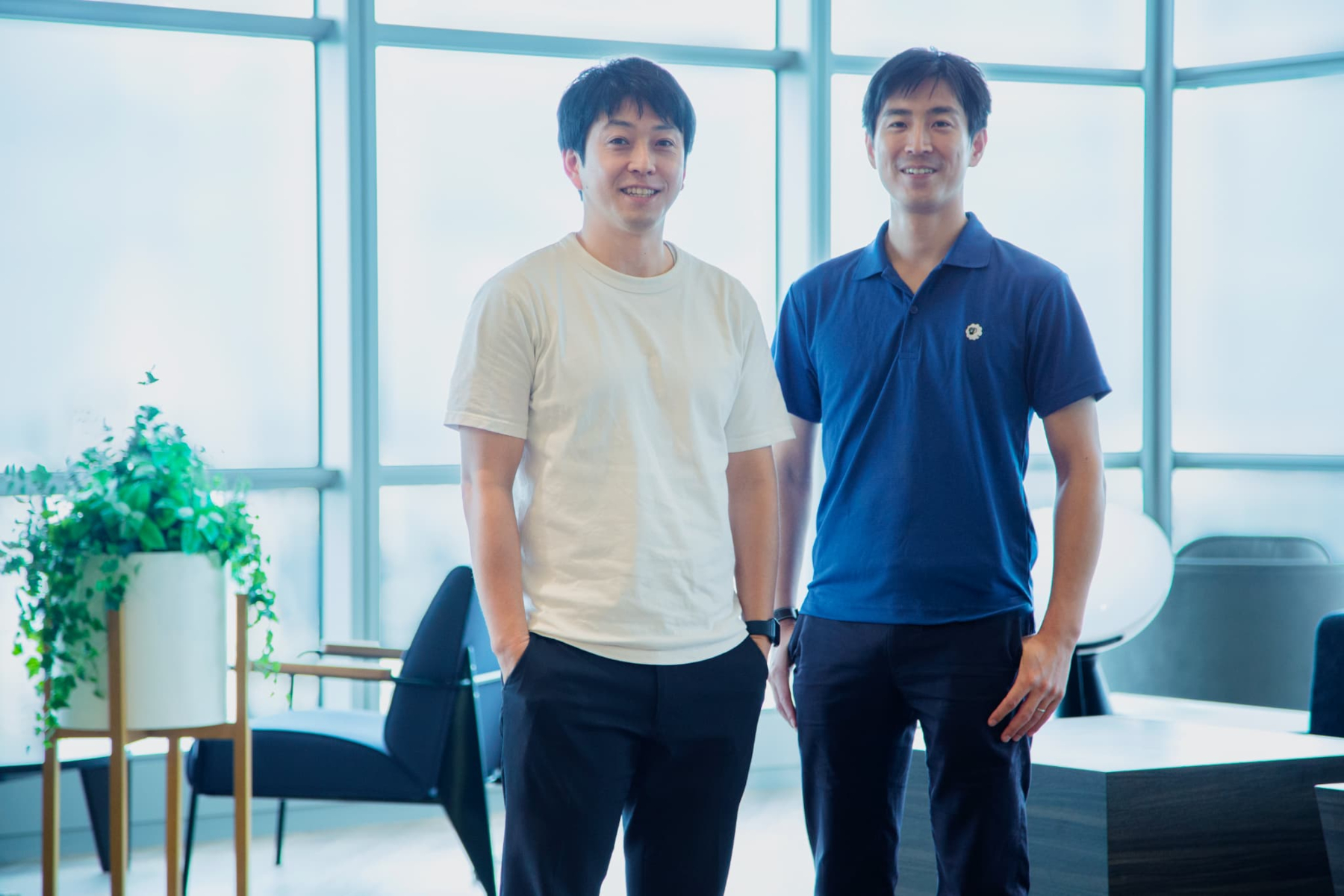
While the number of dual income households is increasing, household support services are still not considered the norm in Japan. The domestic market size is less than 5% of the U.S. market. In this context, two male employees of Sumitomo Corporation who were stationed abroad have developed new services – a babysitting service and a household chores assistance service – based on insights they gained overseas. Today we're exploring their realizations and changing values from living abroad, and the impact their new businesses could have on society.
*Affiliations and interview content are correct at the time of the interview.
-
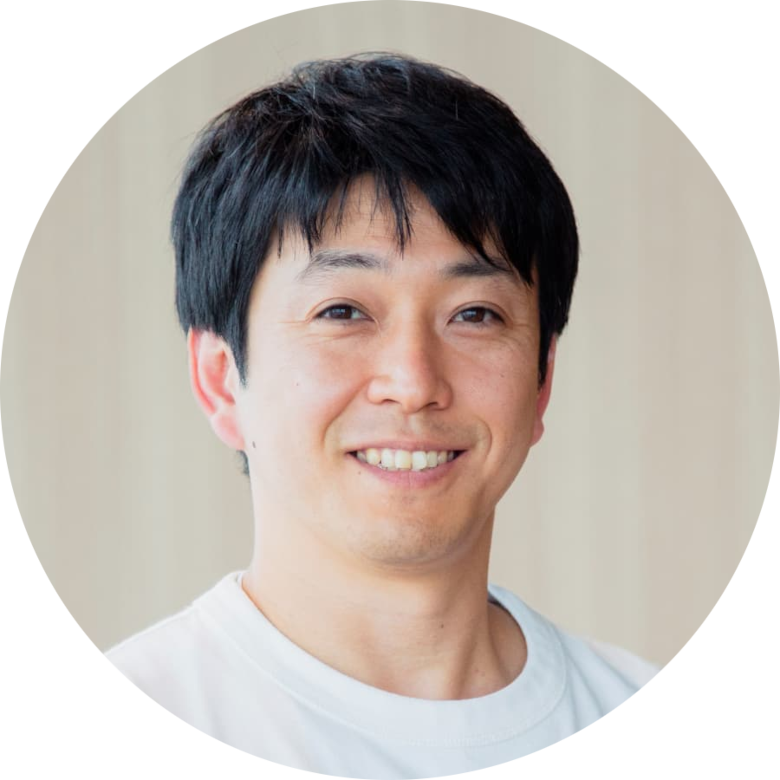
Assistant Head of Department, Corporate Planning & Coordination Department
Nobuhiro Okuse
After joining Sumitomo Corporation as a new graduate in 2009, Nobuhiro worked in the Finance Department, handling financing, loans and foreign exchange risk hedging. He was assigned to the United States as a trainee in 2016, and in 2023, he earned an MBA from Columbia Business School. His babysitting business was selected for the company’s in-house entrepreneurship program in 2023, and he is now focused on new business development in the Corporate Planning Department. A father of two in a dual income household, he balances work and household chores without generational family support.
-
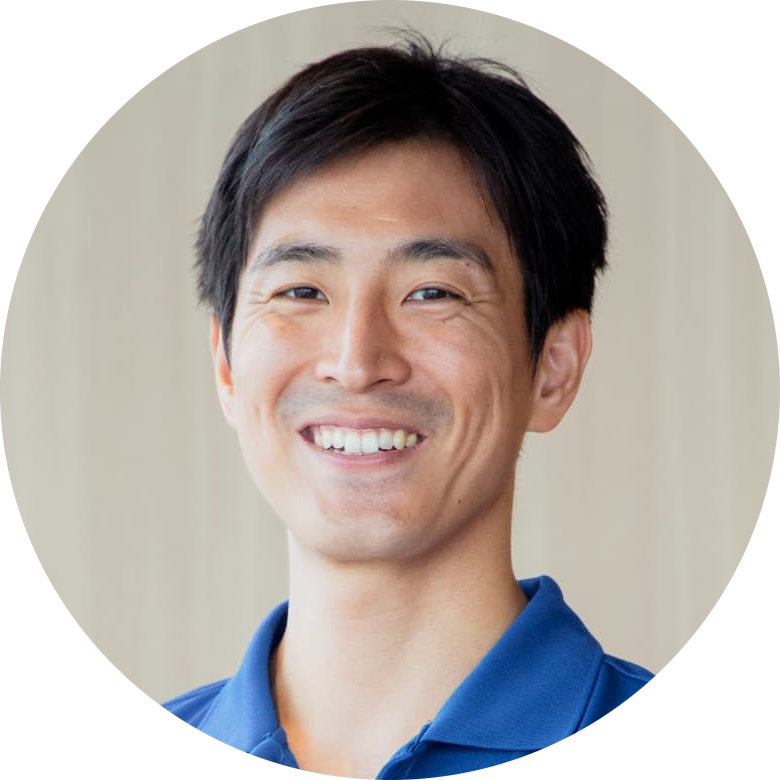
Lifestyle Business Group CFO Office
Shin Ueda
Shin joined the company in 2011 as a new graduate and worked in the Risk Management Group analyzing and executing investment projects. After language training in China in 2014, he earned an MBA from London Business School in 2022. In that same year, his laundry service business was selected for the company’s in-house entrepreneurship program. He is now focused on new business development in the Lifestyle Business Group. A father of two in a dual income household, Shin is currently planning a trip to Europe for two, as he wants to show his eldest daughter the world before she starts school.

Launching Household Support Services Through Sumitomo Corporation's In-House Entrepreneurship Program
Both of you have used Sumitomo Corporation’s "0→1 Challenge* to pursue your business ideas. Can you give us an overview of the services you have developed?
Okuse I developed a service called "Peer Sitter," a matching platform that allows employees and their families to exchange babysitting services. Targeting dual income households, we are promoting the service as an employee benefit tool for HR departments at large companies. It was selected for the "0→1 Challenge" in FY2023 and we are now conducting trials to bring it to market. While collaborating and exchanging information with people inside and outside the company, I’m working alone to handle everything from app development to trials and hypothesis testing.
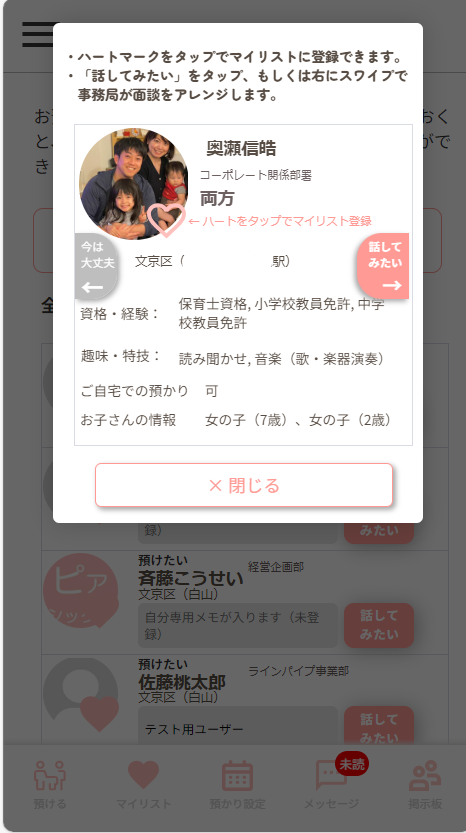

Ueda My business, "Arai-san, Laundry" is a delivery service for laundry. Users can schedule a pick-up time for laundry via LINE (messaging App), and if their pick-up is scheduled before 10 AM, the laundry will be washed, dried, folded and returned on the same day. We started offering the service in Shibuya in 2023 and have since expanded to five total wards in Tokyo. We have teamed up with Hakuyosha, a major dry-cleaning company, and marketing professionals from TBWA HAKUHODO, in addition to two Sumitomo Corporation employees, and are working to launch a full-scale business.
*An in-house entrepreneurship program to support the realization of new business ideas for Sumitomo Corporation Group employees worldwide, regardless of affiliation, position or year of employment. Name changed to "0→1 Next" in FY2024.
A World Where "Household Chores and Parenting" Are Not a Trade-Off With Work
What motivated you to develop household support services as businesses?
Okuse The main reason was my own struggle. As a father of two, and with both of us parents working full-time, I found it difficult to balance work with household chores and parenting. I started pondering how I could create a system to alleviate the burden at home and allow others to continue working with less stress.
A major turning point for me came during my assignment to the United States. In New York and Arizona, I observed how my colleagues with children were able to focus on their work by utilizing babysitting services. I learned that over 50 percent of people in these areas use babysitters. For example, even when attending company parties, they didn't hesitate to leave their kids with a sitter. At first, I thought this was just a cultural difference, but as time went on, I started to think it would be great if this became the norm in Japan, too.

Ueda The gap in the household support market between the U.S. and Japan is staggering. The U.S. market is worth approximately three trillion yen, while Japan’s is only about 100 billion – 30 times smaller. Having experienced this gap firsthand through my own experience stationed overseas, I became passionate about expanding household support services in Japan. I believe the market here has the potential to grow to at least 500 billion yen in the future.
What was particularly striking to you while living abroad?
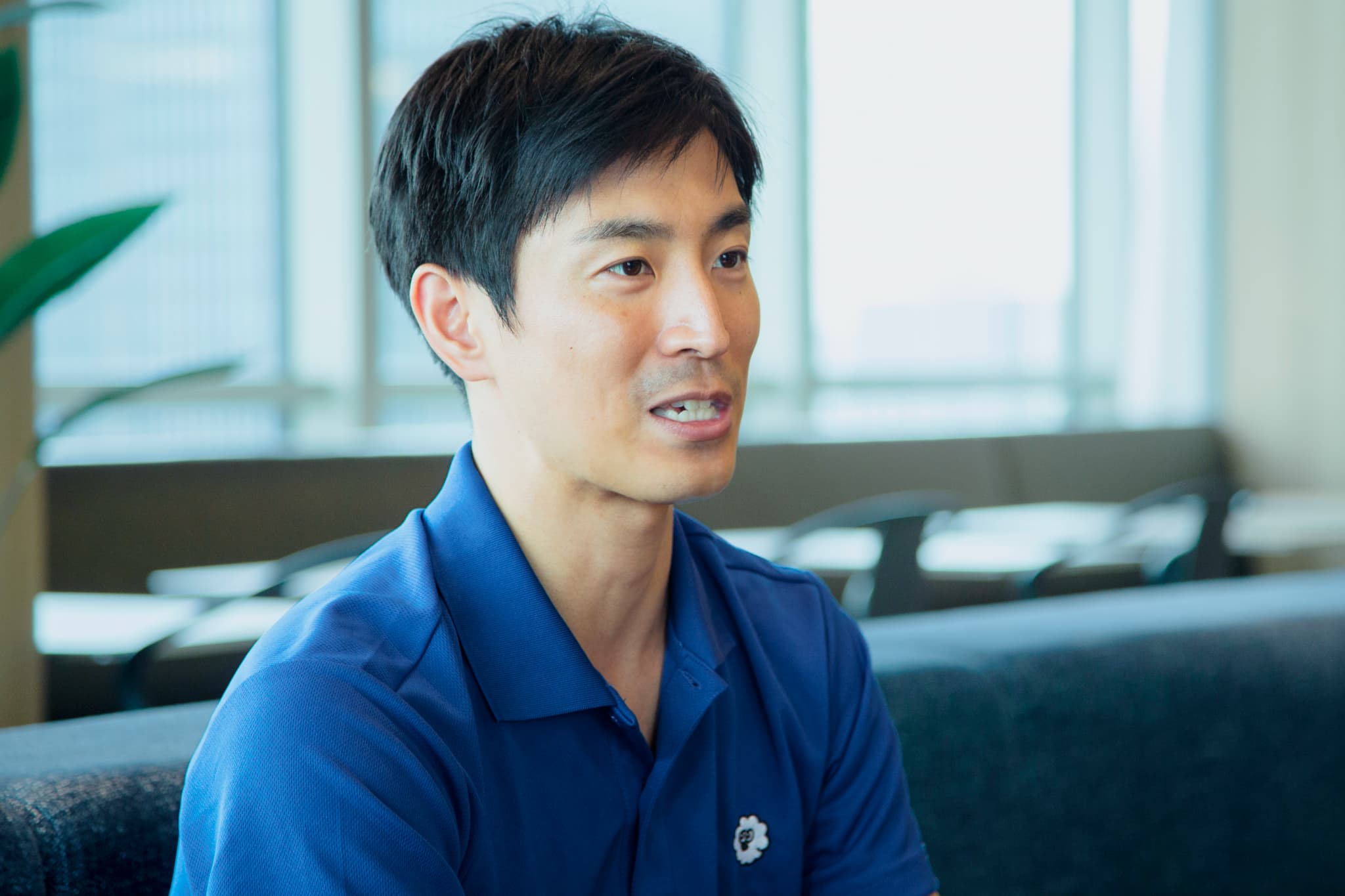
Okuse One of my most memorable experiences was when my wife gave birth while I was on assignment in New York. I was required to take an extended business trip within the U.S., and my wife was left to handle everything alone after childbirth. In the end, a family friend from my wife’s days as an exchange student came and took care of her and our child for nearly two months. In Japan, it would be unthinkable for someone outside the family to help for such a long time, but in the U.S., it felt quite natural, and I was very moved by the generosity of the people there. Even in the city, if I was pushing a stroller, strangers would often offer to help. While the U.S. is known for its individualism, there is also a powerful sense that parenting is a shared responsibility.
Ueda I was stationed in China and the UK, and in both I found that the culture of "spending money to improve well-being" is deeply rooted. For example, in the UK, childcare costs can be as high as 300,000 to 400,000 yen per month, and it’s common for one parent’s income to go entirely toward paying for help, but many people are willing to invest in childcare because it allows them to focus on work or their own enjoyment. Similarly, in China, a friend of mine asked their parents to take care of their child for a week while they went on a trip with friends. I think the idea behind this is that "parents must enjoy life for the children to enjoy life," and by outsourcing childcare and household chores, they can maximize the time they spend with their children, too.
Overcoming a Reluctance to Rely on Others in Japan
After returning to Japan, what challenges did you notice in the context of household chores and parenting?
Okuse One thing that stood out for me after returning was a strong resistance to relying on others. Although there is data showing that leaving children in the care of others can nurture their social skills and have a positive impact on their personality development, there are still many people in Japan who feel guilty about leaving housework and childcare to others.
Ueda I’ve also noticed that in Japan, there’s a cultural tendency to value "endurance" and "self-sufficiency." When looking at the fees for servicesthemselves, Japan’s prices aren’t significantly higher than those abroad, but the widespread adoption of household support services is hindered by psychological barriers. Even expats, who use housekeeping services as a matter of course abroad, return to Japan and hesitate to outsource tasks due to social judgement. This includes the idea that outsourcing childcare or chores is something to be ashamed, or because they are reluctant to let others see inside their houses, in other words, their own territory.

Where do you think the differences between Japan and abroad come from? And how did you adjust your services to accommodate these differences?

Ueda I believe cultural and historical factors are a large part of why people in Japan are more resistant to outsourcing household help. In Western countries, it’s common to have someone from a different ethnic background, with whom you have no prior connection, come to your home and provide services. But in Japan, the staff are typically Japanese, and it’s perhaps more common for someone to feel uncomfortable and think, "What if a friend of a friend ends up coming to my house?" To address this cultural difference, we created "Arai-san, Laundry" as a non-contact service that can be completed at the doorstep, so customers don’t have to interact with staff directly.
Okuse As Ueda mentioned, cultural differences are a huge factor, especially when it comes to leaving children with others. From our research, including over 300 interviews with people inside and outside the company, we found that there are two distinct groups: those who use such services frequently, and those who have never used them. The key is to lower the initial barrier. After plenty of trial and error, I realized that having a system where colleagues help each other – people you trust and who share similar views on compliance – could make it easier for people to feel comfortable using these services.
Ueda Both our services aim to "lower the psychological barriers" to outsourcing chores. The interesting thing is that we’re using opposite approaches: one focuses on "never meeting the person you will rely on," and the other focuses on "relying on someone you're already familiar with."
Okuse That’s true. In either case, we want to create systems where people more easily seek help from others, rather than trying to do everything on their own and pushing themselves too hard.
Enjoying Chores and Parenting in a Society With More Time To Relax
In closing, please share your vision for the future of your business and the goals you want to accomplish.
Okuse Our first goal is to commercialize the service, and through that process, we hope to refine usability and convenience to create a platform easily accessible by families. As we continue trials, the following words from a female colleague at Sumitomo Corporation really stuck with me: "I really wanted to send my child to kindergarten and enroll them in a variety of extracurricular activities. But even though I worked so hard for their sake, I was never sure if they were truly happy." I want to create a service that addresses these real concerns and allows people to support each other.
Ueda People often talk about the "burden" of parenting, but spending time with children should be a wonderful experience. I want to ease the stress of household chores so that people can enjoy more quality time with their kids. To do this, I plan to first solidify the foundations of the laundry service business and, eventually, expand to offer full-range household support services, creating an infrastructure that allows people to enjoy their lives to the fullest.
